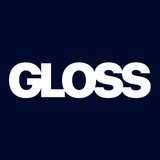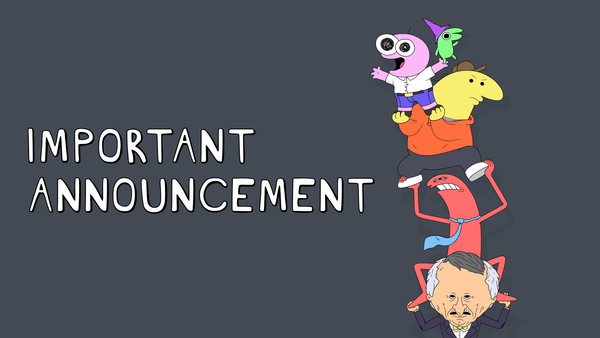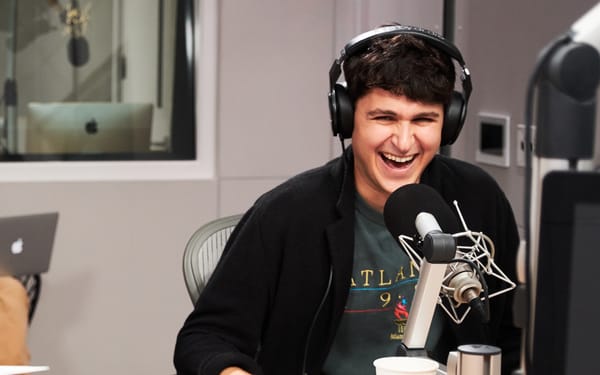How will Australia's social media age limit affect the open web?
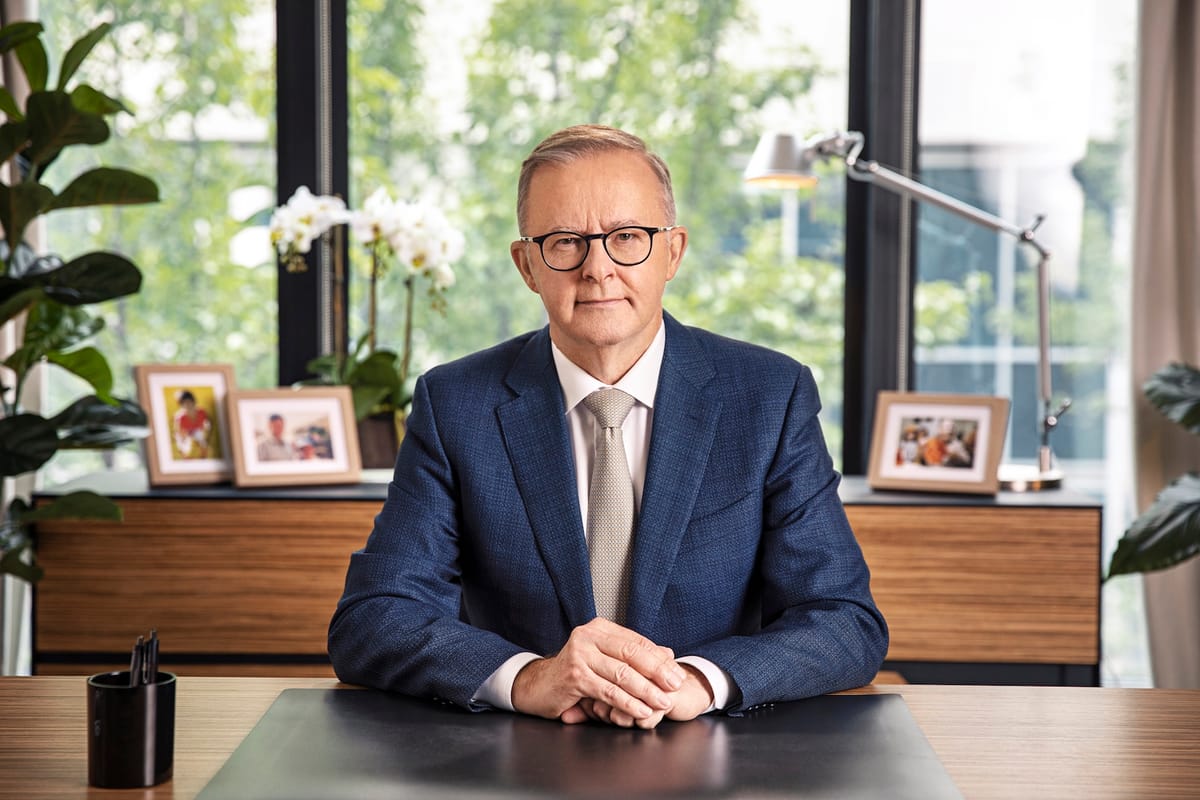
According to a report from the government Australian Communications and Media Authority (ACMA) in February, just 12% of Australians aged 18-24 accessed the news via news websites on the open web. In comparison, a pretty substantial 46% of Australian's in that age bracket accessed news via closed social media platforms and apps.
Traditional media, as well as the promise of a decentralised online media ecosystem, is being replaced by centralised social media apps, run by global tech conglomerates and egotistical billionaires.
And as a Trump election win may show, with endorsements from comedy podcasts, tech CEOs, and social media influencers, social media is the new media.
A proposed social media age-gate from Labor seemingly intends to completely ban a genuine source of news for Australians under the age of 16, potentially targeting apps and websites like YouTube, Facebook, Instagram and TikTok. But when young Australians turn 16 they will suddenly be faced with an immediate access to right-wing social media content designed to target and radicalise young men. And they might lose the kind of media literacy that can come from growing up with social media.
A key service possibly affected by the ban is YouTube, which has genuine educational value in a number of areas. It's also unclear whether the ban will mean YouTube is forced to require user logins, as YouTube can still currently be used by any user without creating an account. If YouTube continues in its current form and with this legislation enacted, people under 16 would theoretically be able to still access all videos by just not logging in, including videos that promote harmful things. But also including educational content.
In another example of this concept and its difficult path to implementation, there's a question around general social media access, such as post embeds that appear on this website for example. If Donald Trump or an Australian politician posts political content to X, Threads or Instagram, will young users not be able to access it at all without logging in?
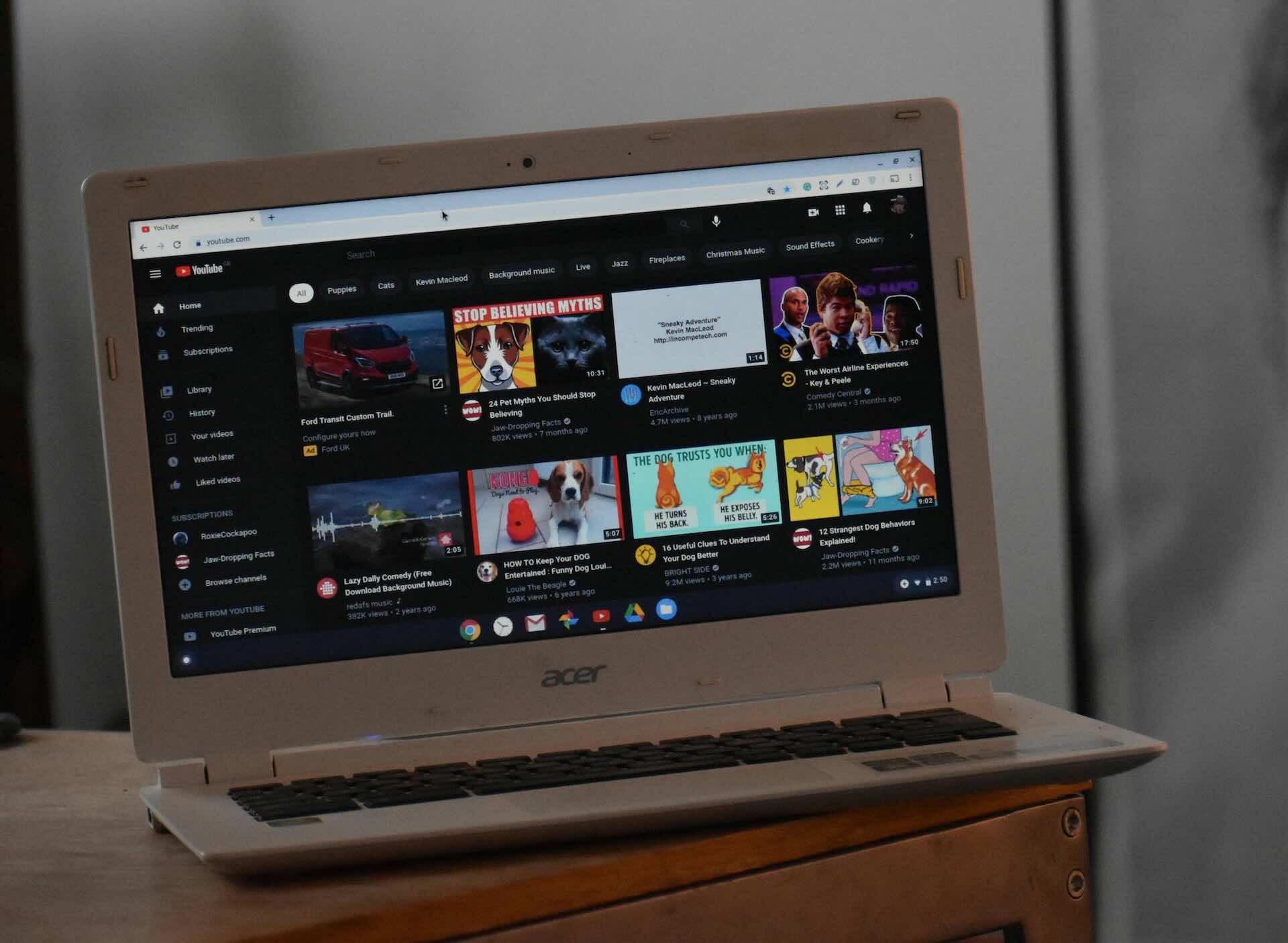
And how far will the ban go to ensure people under the age of 16 don't have access to social media content? Will it only ban the creation of content, and not at all tackle access to inflammatory, US and China-defined algorithmic feeds? Or will it change the way Australians access the internet altogether.
In the US election Donald Trump and his team didn't appear on The Tonight Show or The Daily Show. He went directly to Logan Paul, Joe Rogan, and increasingly political comedy podcasts like Andrew Schulz's Flagrant and This Past Weekend with Theo Von. Trump and Harris also regularly post to TikTok, X and Trump at least posts to Truth Social.
The new late-night talk show of our time doesn't air on Channel 10 at 12:30pm. It's hosted by Spotify, Apple Podcasts, YouTube, with clips posted to other social platforms, uncensored and with no FCC or ACMA regulations. These platforms compete and crush Australian media through sheer scale alone, with some like YouTube Premium demanding payment for ad-free access, while not creating any local content of its own like Australian TV networks are forced to do.
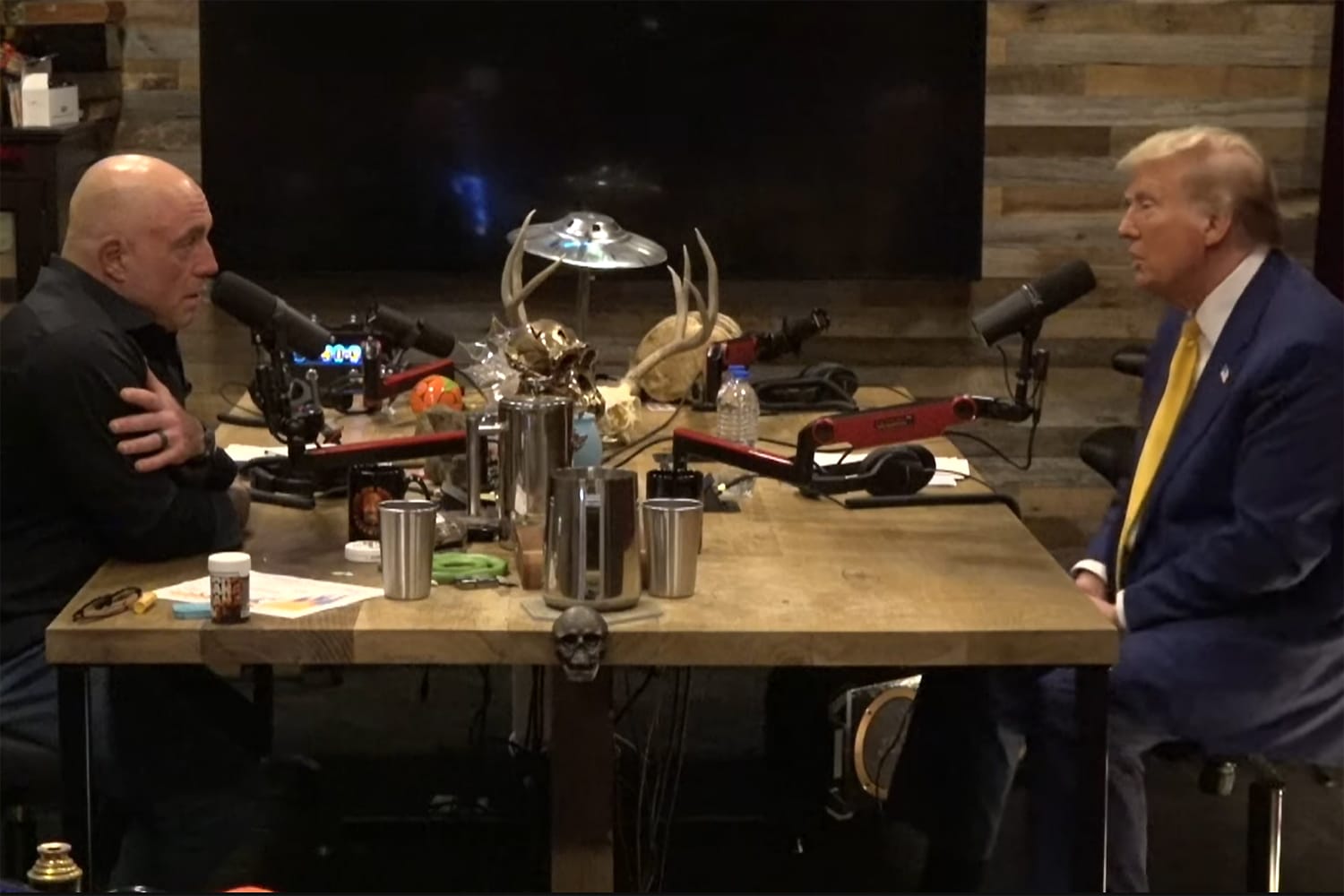
Elon Musk's X, which is becoming irreparably unrecognisable in tone compared to Twitter, famously hosted Republican hopeful Ron DeSantis's campaign launch on the platform. Musk also interviewed Trump in August 2024. Both events crashed the platform, with the Elon-Trump interview crumbling under the weight of a small 8-million user audience. Would users under the age of 16 not be able to hear key interviews from political leaders under this proposed legislation, or will they just have to wait for free-to-air TV to republish social media content?
Threat to democracy?
— Elon Musk (@elonmusk) November 13, 2024
Nope, threat to BUREAUCRACY!!!
I can't stand Twitter or Elon Musk, but I still think it's important to be able to see what politicans and terrible people in power might be communicating to people.
Another factor I have to wonder about is how this kind of verification will take place?
There are already existing age-limits on most big platforms. At age 6 I had to create a second Yahoo! account to create a Geocities website. Even at the time I could understand that a simple fake date of birth was all I needed to access what I guess was a form of early social media. When my PlayStation Network account wouldn't allow me to play online because I was under the age of 18, I simply made another account too.
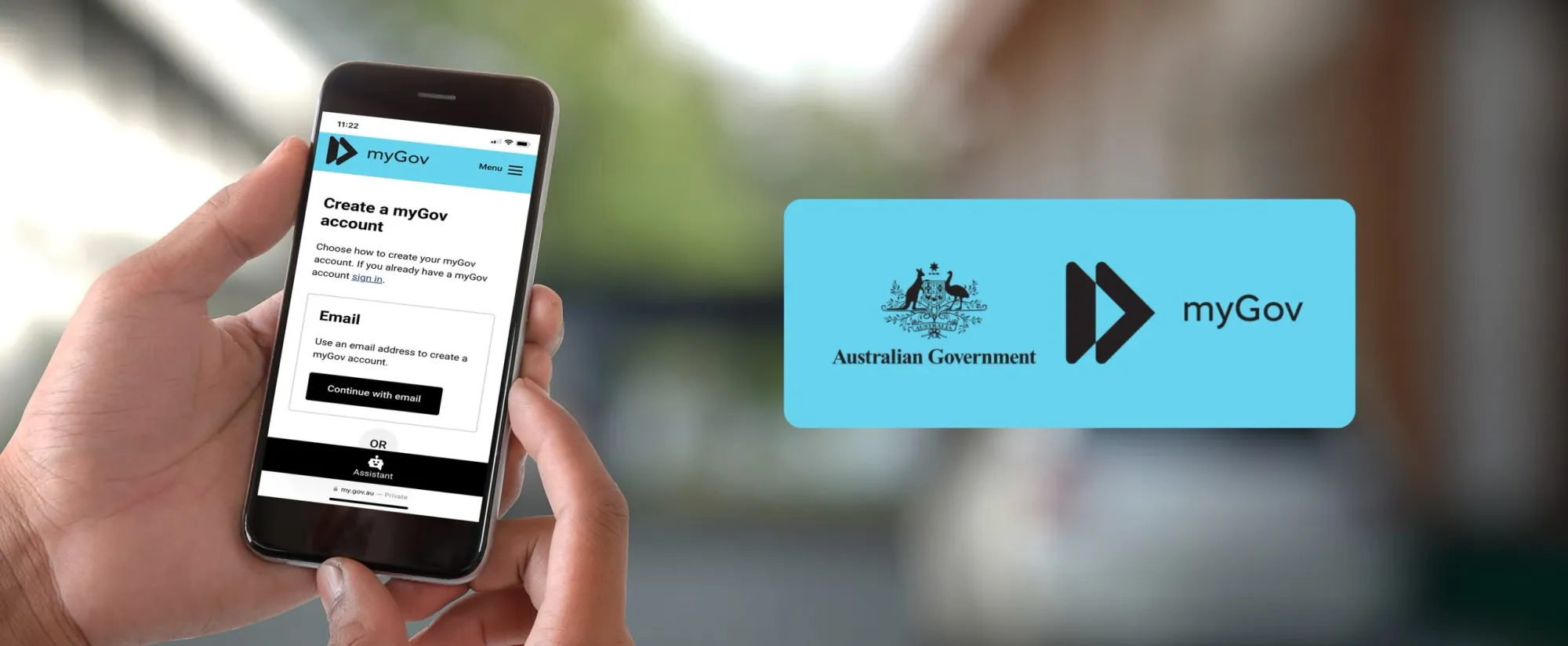
Which means in terms of implementation, will the Australian Government implement a system for storing peoples ID information for verification? Will it be a centralised single-sign-on style system, where social media platforms palm off age verification to a government or third-party system? Or will each platform independently have to store and verify users ages? Will it be possible to have an anonymous account not tied to a Government ID, or will even users over the age of 18 need to send TikTok's Chinese owner ByteDance a copy of their government IDs?
There are some hints around how social media content will continue to be made available to younger users. I've been learning to develop games in Godot primarily from YouTube. As a kid I would have loved a resource that was so easy to follow, compared to the 'For Idiots' books of that era. Reading articles and books about game development and animation, at the time in Adobe Flash, was a lot more difficult than the free university-level digital lectures that people have access to now on platforms like YouTube.
The government's proposal seems to imply that this kind of educational content will not be affected, but it'll really be up to tech companies apparently to figure out how to allow access to certain categories of content, while complying with the regulations. As a press release from the government says:
The Government will ensure young Australians retain access to services that primarily provide education and health services, and work constructively with stakeholders to ensure that only services which meet the strict criteria under eSafety's powers are able to be accessed by children under 16.
And while a social media ban for under-16s sounds very reasonable from a distance, with the dangers and harm caused by social media becoming more clear by the day, it does also make you wonder how it's possible to enforce such a limit on what is currently a pretty open platform. Also it does make me worry about a system for identifying users and enforcing age-limits. If a future political party has access to such infrastructure will they go even further with age-based bans? Will a more conservative government ban even more online content for younger users, or use a centralised system of identity validation for more nefarious censorship.
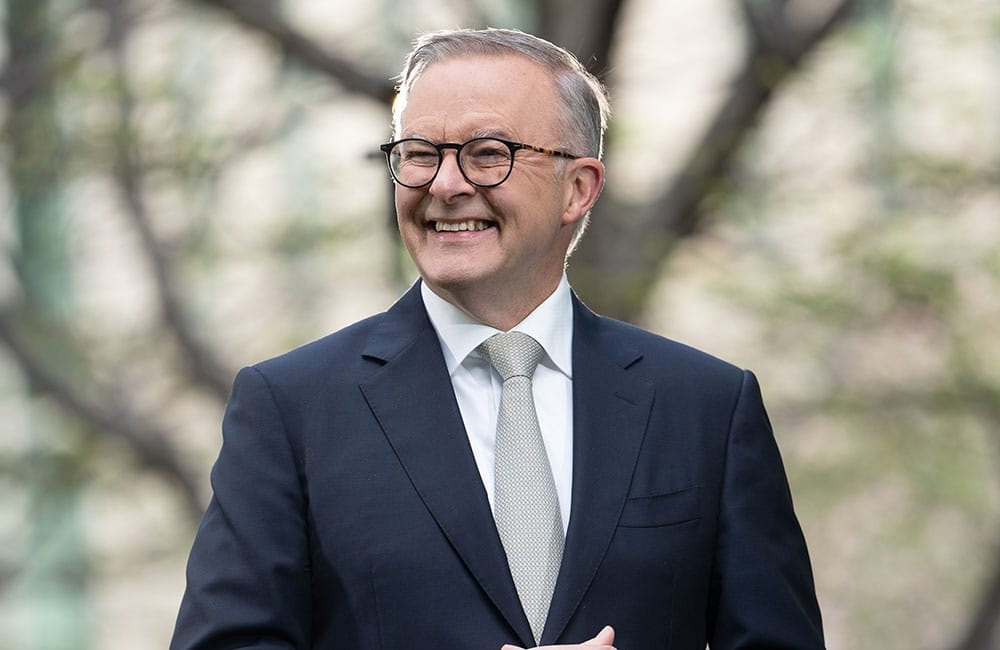
This is an issue in every instance of government age validation. In theory it sounds great, but the implementation is either useless and easy to circumvent with VPN or a fake age, or requires a horrifying collection and centralisation of user data.
I do risk the slippery-slope argument here, but with the proposal being so light on any details, going so far as to not even specifically name which platforms will be affected, these are genuine questions for the Albanese Labor government.
Mark Zuckerberg doesn't even believe that his social media platforms cause any mental-health issues, with Zuckerberg at the same time throwing his support around Donald Trump. The CEO called Trump's assassination attempt and comeback "badass", while throwing support behind the second-term President-elect on his Threads platform, congratulating Trump "on a decisive victory".
View on Threads
But if the ban encompasses Zuckerberg's platforms, we could see similar pushback from social media companies in the same way we did from Australia's similarly bandaid-like news media bargaining code. In 2021 Meta briefly banned all Australian news from its platform in protest of the new code, meaning any posts with links to Australian news websites were hidden in users News Feeds and Facebook Pages from local news outlets were gutted, many appearing to be totally empty.
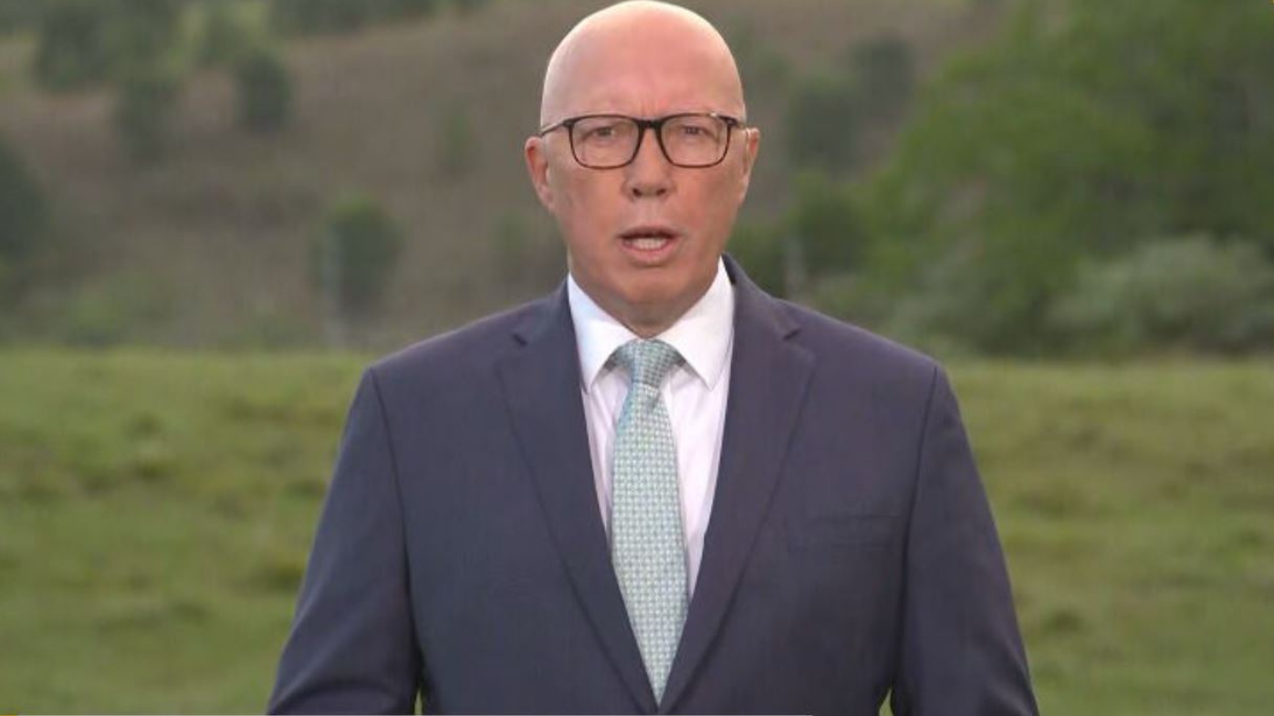
In June 2024 Meta threatened to implement a similar ban again after refusing to comply with the code and pulling out from renewal negotiations. So far the Australian Government has done nothing to force Meta to comply. In September Elon Musk commented that similar misinformation regulation on Australian social media, which would cause fines of up to 5% of revenue, was fascist. It's almost impossible to imagine a world where Musk implements an Australian identity passport system.
In a sad way, while I disagree with Australia's reliance on international social media platforms for news, it's hard to see a world where this isn't just a reality in Australia's social media landscape. We have moved on, and Australian news organisations just don't have the size or sway that they used to. Social media is media, and a ban is a lot more complicated than it seems.

